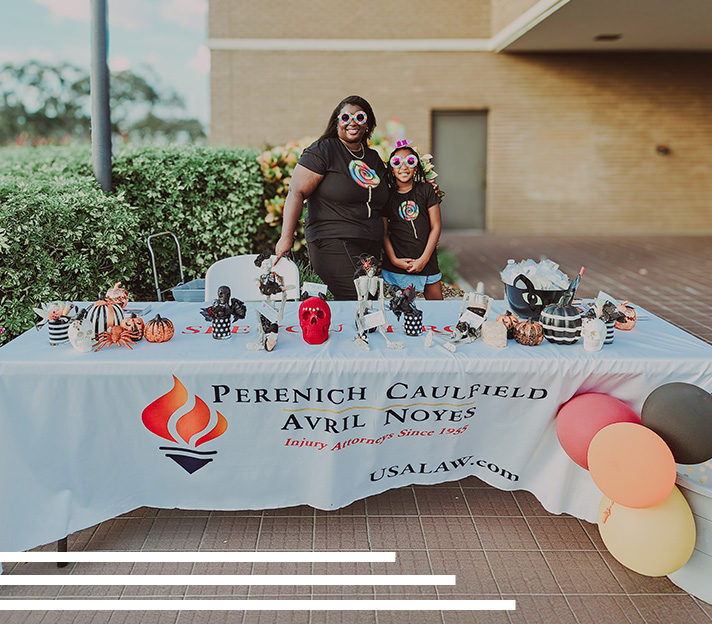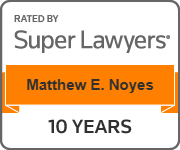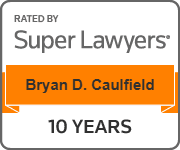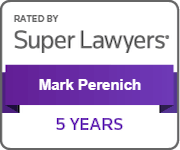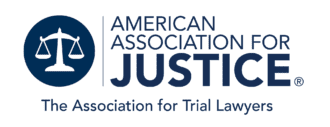Settling a Personal Injury Claim With an Insurance Company in Florida
When you are injured because of a car accident, medical malpractice, slip and fall, or other personal injury incident, you will likely deal with the insurance provider for the party who caused your injury. Liability insurance coverage compensates injured victims when an insured causes them injuries and damages.
Navigating the insurance claims process can be daunting and stressful, especially when the insurance company tries to avoid liability for a valid claim. Working with an experienced insurance claims attorney can improve your chance of receiving a fair personal injury settlement.
In this article, our Clearwater personal injury lawyers discuss the steps for settling a claim with an insurance company in Florida. Understanding what to expect during the insurance claims process can help you maximize the amount of your insurance settlement.
Filing an Insurance Claim for a Car Accident
Since Florida is a no-fault state for car insurance, you must work with your PIP provider regardless of who caused the accident. However, if you sustained serious injuries, you might have a liability claim against the driver who caused the accident. If so, you would also notify the other driver’s liability insurance provider.
For other personal injury claims, the at-fault party may have liability insurance. If so, you can file a claim with the company. Otherwise, the party who caused your injuries may be individually liable for your damages.
When you notify the insurance company you were involved in an accident, the company assigns an insurance adjuster to investigate the claim. Be cautious when discussing the claim with the insurance adjuster. The comments you make could be used to claim contributory fault, failure to mitigate damages, and other allegations that could decrease the value of your claim.
Gather Evidence and Documentation
As the injured party, you have the burden of proving the legal elements of your claim. Therefore, you need evidence proving the other party caused your injury.
At an accident scene, take photographs and make a video of the entire area. Ask people who witnessed the accident or stopped to help for their names and contact information.
It is important to seek medical treatment for injuries as soon as possible after an accident. Prompt medical care creates a record of your injuries you can use to support your personal injury claim. Delays in medical care raise questions about whether you sustained injuries in the accident or at a different time instead.
Evidence you want to gather as you prepare to draft a settlement demand letter includes, but is not limited to:
- Crash reports, injury records, and police reports
- Witness statements
- Medical records and reports
- Photographs and videos of the accident scene
- Pay stubs and statements from your employer
- Photographs of your injuries and property damage
- Statements from specialists
The evidence in a personal injury case depends on the facts and circumstances of your claim.
For example, suppose you were injured on another person’s property. In that case, you might want to search the county records for code violations or other issues that could have contributed to the cause of your injury. In a truck accident case, you would want to obtain the records from the trucking company for maintenance, substance abuse tests, driving records, and more.
Document Your Damages and Calculate the Value of Your Claim
Florida personal injury laws provide compensatory damages in a personal injury case. Therefore, you should include economic and non-economic damages in your claim. Examples of damages in a personal injury settlement include:
- Medical expenses and bills
- Lost wages and benefits
- Property damage
- Out-of-pocket expenses
- A reduction in earning capacity
- Personal and/or nursing care
- Rehabilitative therapy
- Loss of enjoyment of life
- Diminished quality of life
- Mental anguish
- Scarring and impairment
- Physical pain and suffering
- Disability and impairment
- Emotional distress
Valuing damages for a personal injury settlement can be confusing. There is no standard valuation for non-economic (pain and suffering) damages. Furthermore, you could be entitled to future damages if you sustained a lifelong impairment.
A good rule of thumb is to contact a Clearwater personal injury attorney if you sustain severe injuries or permanent impairments. You may need to retain expert witnesses to assist in valuing your damages to maximize recovery.
Prepare and Send a Settlement Demand Letter
A settlement demand letter should contain several sections to explain:
- The parties involved in the claim
- The facts of how the injury occurred
- A discussion of the legal basis for liability
- A detailed description of your injuries
- A demand for an amount that compensates you for all damages
You should include medical records related to the injury, copies of proof of financial losses, and other documentation to support your claim. Send the entire package to the insurance company and wait for a response.
Counterclaims and Negotiations
The insurance company conducts its investigation into your personal injury claim. It will gather evidence and analyze whether it believes its insured is responsible for causing your injury. If so, the company will consider your settlement offer. Otherwise, it will deny the claim.
Some insurance companies delay the claim and use bad faith practices to avoid paying the claim. If you do not receive a response or the insurance company makes unreasonable demands for documentation and information, contact an attorney immediately.
Most insurance companies make a counteroffer for a lower amount. You must consider the counteroffer to determine whether it is a fair offer.
If you are satisfied with the counteroffer, you can accept it. If not, you can negotiate by making another offer with a second demand letter. Highlight the evidence that supports your case to make a strong argument for more money than the insurance company offered.
Consider the Insurance Company’s Final Offer
Settlement negotiations may go on for some time with back-and-forth offers. However, the insurance company will eventually make a final offer. You need to carefully consider the offer before agreeing to a settlement.
Your claim ends if you sign a settlement agreement and accept the offer. You waive your right to file a lawsuit or pursue other claims for additional money. Therefore, it is often in a person’s best interest to talk with an attorney before agreeing to a final settlement for an insurance claim.
Schedule a Free Consultation With a Clearwater Personal Injury Lawyer
We understand your urgency to settle a personal injury claim. However, the insurance company might not offer you a fair settlement. We want to help you receive a fair settlement amount for your injuries and damages.
Contact us at Perenich, Caulfield, Avril & Noyes Personal Injury Lawyers today to schedule a free case evaluation with a Clearwater personal injury attorney at (727) 591-3354. We are here for you when you need trusted legal advice and representation.

We treat you like family.
If you can’t come to us, we’ll come to you.
Representing Accident Victims in Tampa Bay since 1955
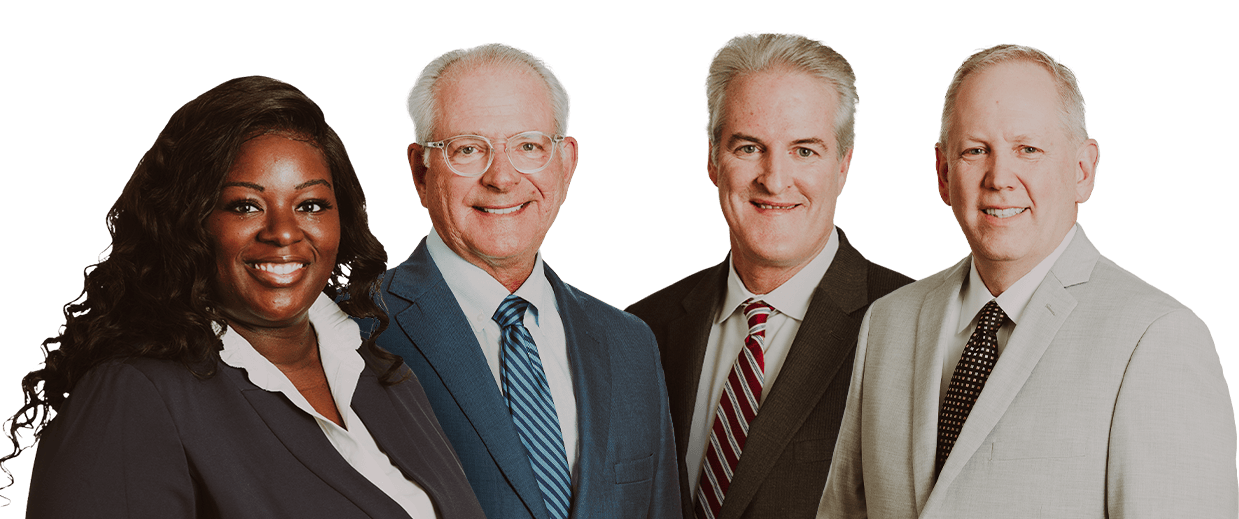


-
“Friendly knowledgeable and kept me informed about my case. Any offer, bill or question was readily answered. Would definitely recommend and refer people to Bryan Caulfield and his team!!”- Betty B.
-
“Mrs Bryant works her butt off to make sure you get what is do to you in medical and beyond! They won’t take your case if they don’t feel you haven’t been wronged.”- Christine R.
-
“Working with Mark Perenich on my auto injury case was an absolute game-changer. From the very beginning, he brought a level of professionalism, expertise, and care that immediately put us at ease.”- Kerry B.
-
“Lorrie and Allyson are phenomenal. I highly recommend them to anyone. It seemed like a never ending journey but I can’t thank them enough for diligently fighting my case with the greatest integrity, support and prayers.”- Former Client
-
“Allyson has been so helpful with navigating the disability process for my husband!”- Kaitlyn S.
-
“It honestly couldn’t have gone better. Pretty much perfect.”- Andreas B.
-
“From the first day we met this law group I felt very comfortable and knew we would be well taken care of. This was our first experience filing for SSD, and was not disappointed. The lawyers are awesome and very professional.”- Shari J.
-
“Very nice they worked with you. Never ignored me with my case. Always on top to work with you. Thank you so much for all that you have done to help me! Very highly recommend.”- Margarita O.
-
“My appointed attorney was Jacqueline, Bryant. She is very compassionate about her client and work. When it comes to negotiation, she's a Beast and she gets the job done.”- Alaina J.
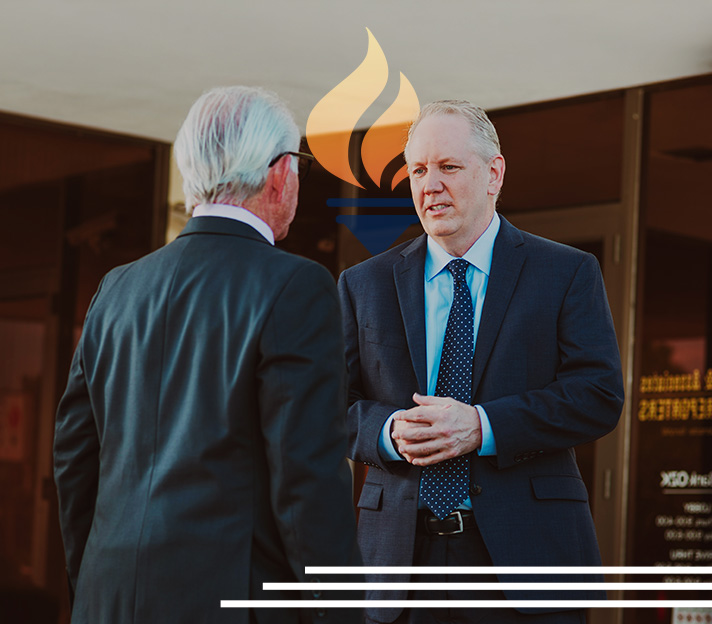

We’ve been proudly serving Clearwater, St. Petersburg, and the Tampa Bay area for generations. As the first personal injury law firm in Clearwater, our dedicated legal team brings over 300 years of combined experience to each and every case. If you’ve been injured and need support, please reach outtoday for a free consultation, we are here to help you.
